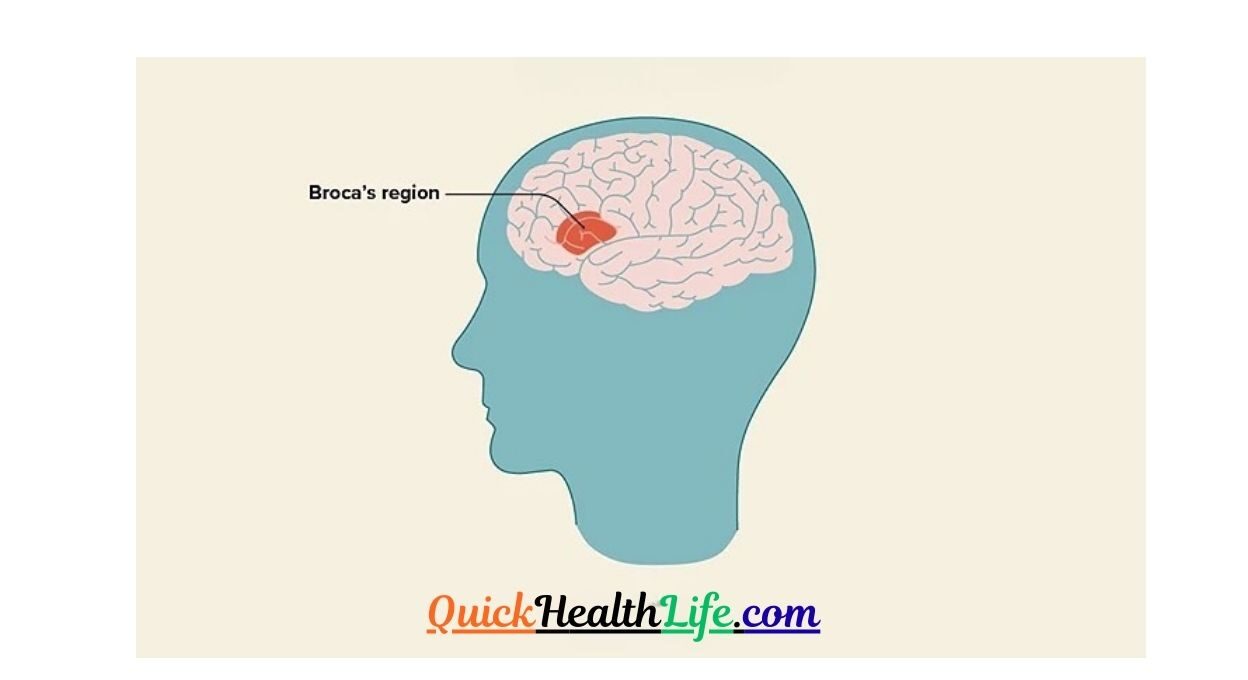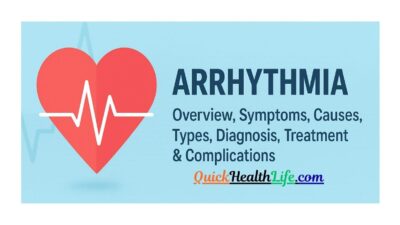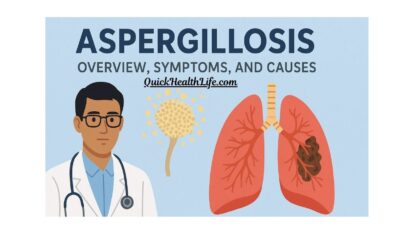Aphasia is a language disorder that affects a person’s ability to speak, understand, read, or write. It usually happens after brain damage caused by a stroke, head injury, or neurological disease. Unlike memory problems or intelligence loss, aphasia specifically impacts communication skills.
Table of Contents
What Does Aphasia Mean?
The word aphasia comes from the Greek word aphatos, meaning “speechless.” In medical terms, it refers to a partial or complete loss of language abilities due to brain damage.
Aphasia vs Dysphasia – Are They Different?
Many people confuse aphasia and dysphasia. Let’s break it down:
- Aphasia: Complete loss of language ability.
- Dysphasia: Partial impairment of language (difficulty but not total loss).
Aphasia vs Apraxia
Another common confusion is between aphasia and apraxia:
- Aphasia: Problem with language (speaking, writing, understanding).
- Apraxia: Problem with motor planning of speech (knowing what to say but unable to move lips/tongue correctly).
Types of Aphasia
There are several types of aphasia, each affecting communication differently.
Broca’s Aphasia (Non-fluent Aphasia)
- Speech is slow and broken.
- Person knows what they want to say but can’t form sentences easily.
- Understanding of language is often better than speaking.
Wernicke’s Aphasia (Fluent Aphasia)
- Person can speak fluently but sentences don’t make sense.
- Difficulty understanding others.
- Often unaware of their mistakes.
Global Aphasia
- The most severe form.
- Affects both speaking and understanding.
- Common after major strokes.
Anomic Aphasia
- Mildest type.
- Main problem: difficulty finding the right words.
- Reading and writing are usually less affected.
Causes of Aphasia
The most common causes include:
- Stroke (main cause – about 25-40% of stroke survivors have aphasia).
- Head injury.
- Brain tumors.
- Neurodegenerative diseases (like dementia).
- Brain infections.
Aphasia and Stroke Connection
Aphasia is most strongly linked with stroke. When blood flow to the brain is blocked, language areas in the brain (left hemisphere) get damaged, leading to aphasia.
Symptoms
Common symptoms include:
- Trouble speaking or forming sentences.
- Using wrong words or mixing words.
- Difficulty understanding spoken language.
- Struggling to read or write.
- Using gestures instead of words.
How Aphasia is Diagnosed?
Doctors use:
- Neurological exams.
- Brain imaging (CT/MRI scans) to find damage.
- Language assessments by speech therapists.
Aphasia Treatment Options
Treatment depends on the cause and severity.
Speech and Language Therapy
- Main treatment for aphasia.
- Helps patients re-learn speaking, understanding, and writing.
Medications and Research-based Approaches
- Certain medicines may improve recovery (still under research).
- Brain stimulation therapies are also being tested.
Assistive Technology for Aphasia Patients
- Apps and devices can help patients communicate.
- Picture boards and text-to-speech apps are common.
Can Someone Recover from Aphasia?
Yes, recovery is possible!
- Some people improve quickly, especially after mild strokes.
- Others need long-term therapy.
- Younger patients often recover faster.
Aphasia Complications in Daily Life
Complications include:
- Social isolation.
- Depression or anxiety.
- Difficulty at work or school.
- Relationship struggles due to poor communication.
Aphasia and Migraine – Is There a Link?
Yes, some people with migraine with aura can temporarily develop aphasia-like symptoms (called transient aphasia).
- Usually lasts less than an hour.
- Goes away once migraine ends.
Living with Aphasia – Tips for Patients & Families
- Use short, simple sentences.
- Be patient and give extra time.
- Use pictures, gestures, or writing.
- Join aphasia support groups.
FAQs on Aphasia
Q1: What is the difference between anomia and aphasia?
Anomia is a type of aphasia where a person struggles to recall words. Aphasia is the broader condition affecting communication.
Q2: Can someone recover fully from aphasia?
Yes, especially if therapy starts early. Recovery varies depending on cause and brain damage.
Q3: What are the 3 main types of aphasia?
Broca’s, Wernicke’s, and Global aphasia.
Q4: Does aphasia affect intelligence?
No. Aphasia affects language, not intelligence.
Q5: Is dysphasia the same as aphasia?
Dysphasia means partial language loss, while aphasia means full impairment. But both terms are used interchangeably.
Q6: Can migraines cause aphasia?
Yes, but it’s usually temporary and linked to migraine aura.
Conclusion
Aphasia is a serious but manageable language disorder. With speech therapy, medical care, and family support, patients can improve communication and live fulfilling lives.
If you or a loved one has aphasia, consult a neurologist or speech-language therapist for proper diagnosis and treatment.



